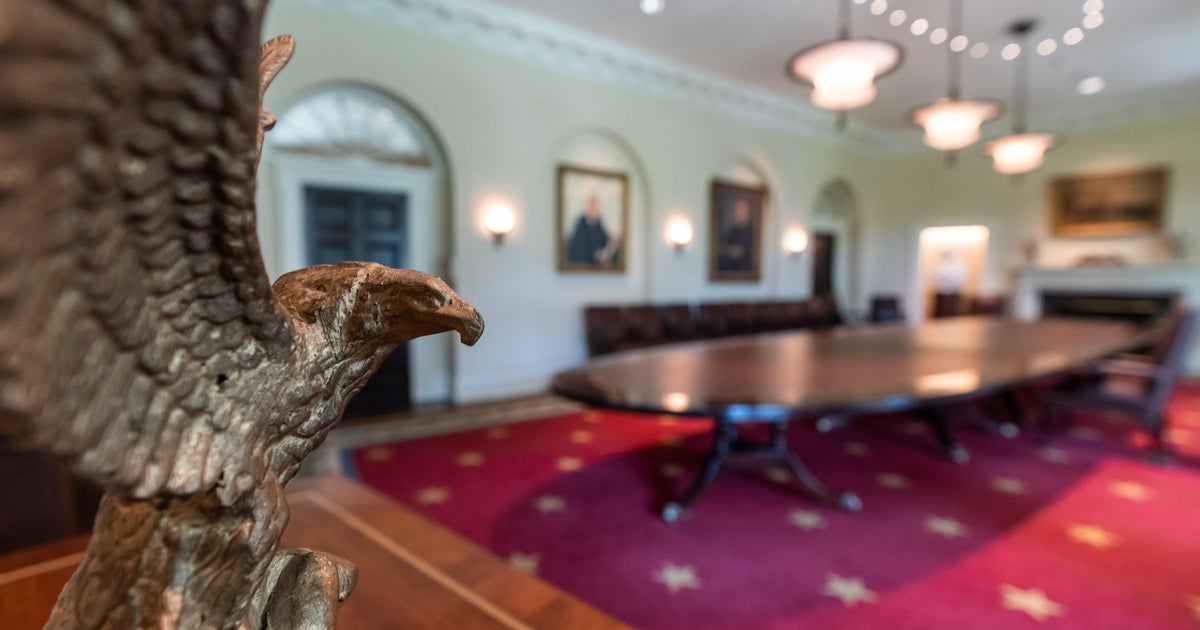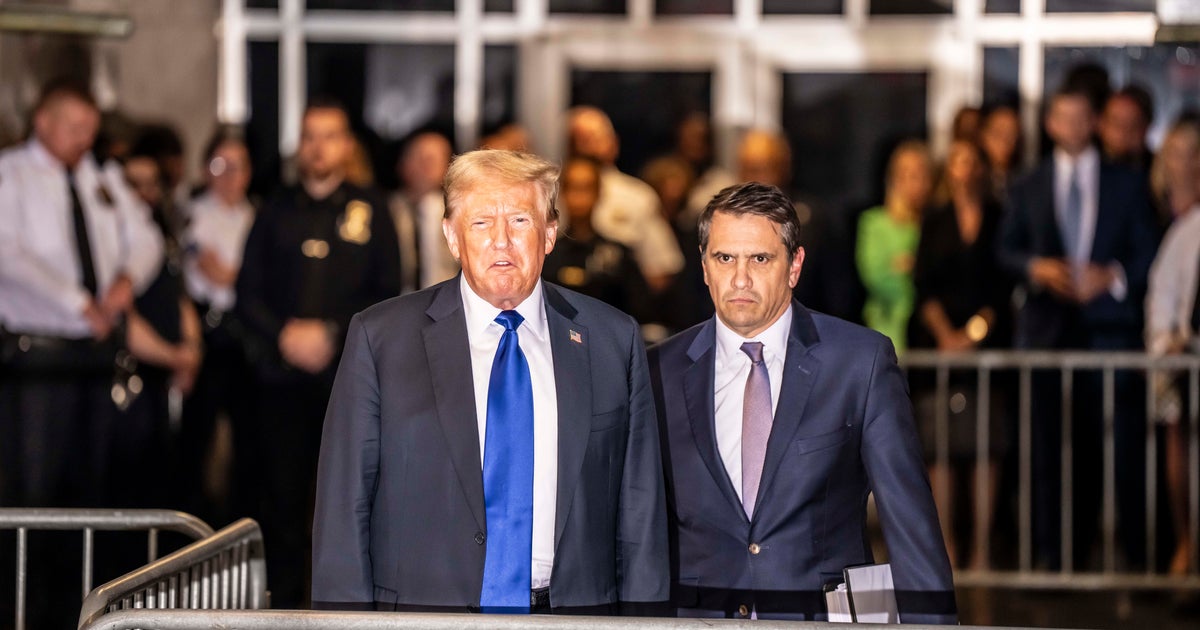March 2020: Dr. Anthony Fauci talks with Dr Jon LaPook about COVID-19
Update: On Friday, April 3, President Trump announced that the CDC now recommends Americans wear a "basic cloth or fabric mask" in public. The following was published on March 8.
When it comes to preventing coronavirus, public health officials have been clear: Healthy people do not need to wear a face mask to protect themselves from COVID-19.
"There's no reason to be walking around with a mask," infectious disease expert Dr. Anthony Fauci told 60 Minutes.
While masks may block some droplets, Fauci said, they do not provide the level of protection people think they do. Wearing a mask may also have unintended consequences: People who wear masks tend to touch their face more often to adjust them, which can spread germs from their hands.
But there is another risk to healthy people buying disposable masks as a precaution. The price of face masks is surging, and Prestige Ameritech, the nation's largest surgical mask manufacturer, is now struggling to keep up with the increased demand.
"It could lead to a shortage of masks for the people who really need it," Fauci said.
Who needs to wear a face mask?
Update: On Friday, April 3, President Trump announced that the CDC now recommends Americans wear a "basic cloth or fabric mask" in public. The following was published on March 8.
Face masks are vital for health care providers and for patients with confirmed or suspected COVID-19.
For healthy people, both the World Health Organization and the Centers for Disease Control and Prevention recommend they wear masks only when taking care of those who are sick or suspected of having the virus.
For those who do need to wear a mask, the WHO emphasizes the proper way of wearing one: put the mask on with clean hands; remove it from behind without touching the front; wash hands immediately after removing it; dispose of it properly; and never reuse a single-use mask.
When will we have a vaccine?
As the Director of the National Institutes of Allergy and Infectious Diseases since 1984, Fauci is well positioned to understand the outbreak. He told 60 Minutes the response time for preparing a vaccine against COVID-19 has been much quicker than it was for other global viruses, including SARS.
But that does not mean a vaccine will be ready any time soon.
"When I tell the vaccine story, there's good news and there's sobering news," Fauci said. "The good news is we did it more quickly than we've ever done it. The sobering news is that it's not ready for primetime for what we're going through now."
As Fauci explained, the COVID-19 vaccine will be ready for a trial in two to three months. The trial period then will have several phases, the first of which will test only about 45 people before scaling up in later phases. Once scientists prove it is safe and effective across a broad population, they will then have to make enough doses to distribute across the country.
Fauci estimates the vaccine will not be ready for at least another year.
Will the virus go away this summer?
While respiratory viruses in general tend to diminish in warmer weather, Fauci said he is not sure whether COVID-19 will.
There are a number of reasons why respiratory illnesses decrease as spring approaches. As the weather warms, people go outside, spending less time in confined indoor spaces. Viruses also like cold, dry atmospheres more than warm and moist ones.
But will COVID-19 act like other respiratory bugs? Fauci says there is no way to know yet.
"There's no guarantee that this particular coronavirus is going to diminish when the weather gets warmer," he said. "I hope it does. But we can't guarantee it."



